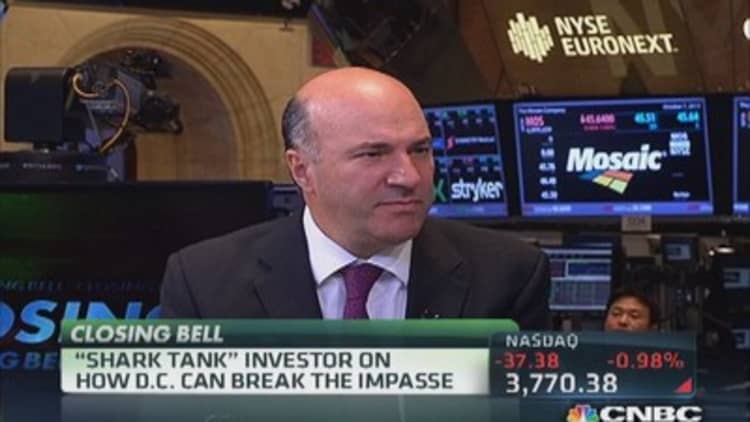Ireland said on Tuesday it planned to shut down a much-criticized tax arrangement used by Apple to shelter over $40 billion from taxation—but will leave open an even bigger loophole that means the computer giant is unlikely to pay any more tax.
A U.S. Senate committee investigation revealed in May that Apple had cut billions from its tax bill by declaring companies registered in the Irish city of Cork as not tax resident in any country. Senator Carl Levin said the company had achieved the "holy grail of tax avoidance" with the structures.
Irish leaders protested angrily against the committee's characterization of Ireland as a facilitator of tax avoidance.
(Read more: Drugstore giant Alliance Boots slammed over tax)
Parliamentary hearings were subsequently held to review Ireland's tax rules amid concerns that damage to its reputation could jeopardize the foreign investment on which its economy relies heavily.
Irish Finance Minister Michael Noonan said on Tuesday that he planned to make it illegal for a company registered in Ireland to have no tax domicile anywhere.

A spokesman for the Department of Finance declined to explain the change but denied it was due to U.S. pressure.
(Read more: Richard Branson denies quitting UK for tax reasons)
He added that companies could still nominate any country they liked as their tax residence, including zero tax jurisdictions such as Bermuda—a provision that tax advisers said was unusual internationally.
Chas Roy-Chowdhury, head of taxation at the London-based global accountancy body ACCA, said this meant the changes were unlikely to mean higher tax bills for companies that use Irish subsidiaries to minimize taxes.
"It won't make that much difference," he said.
Companies such as Google and Microsoft have cut their overseas tax rates to single digits by establishing Dublin-registered subsidiaries, which they have designated as tax resident in Bermuda.
Google and Apple have Irish-registered and tax resident subsidiaries that make sales to customers. These then pay large, tax-deductible sums of money in royalties to their Bermuda tax-resident affiliates, ensuring that profits are channeled to the zero-tax jurisdiction.
(Read more: Ireland and Portugal budget for life after bailout)
The arrangement has become known in the tax avoidance industry as the "double Irish."
Google and Microsoft say they follow tax rules in every country where they operate. Apple has said it has paid all the tax it should have, but was not immediately available for comment on Tuesday.
Roy-Chowdhury said Apple could continue its operations largely unchanged by nominating as its tax residence Bermuda or another jurisdiction that does not charge corporate income tax.
—By Reuters.

